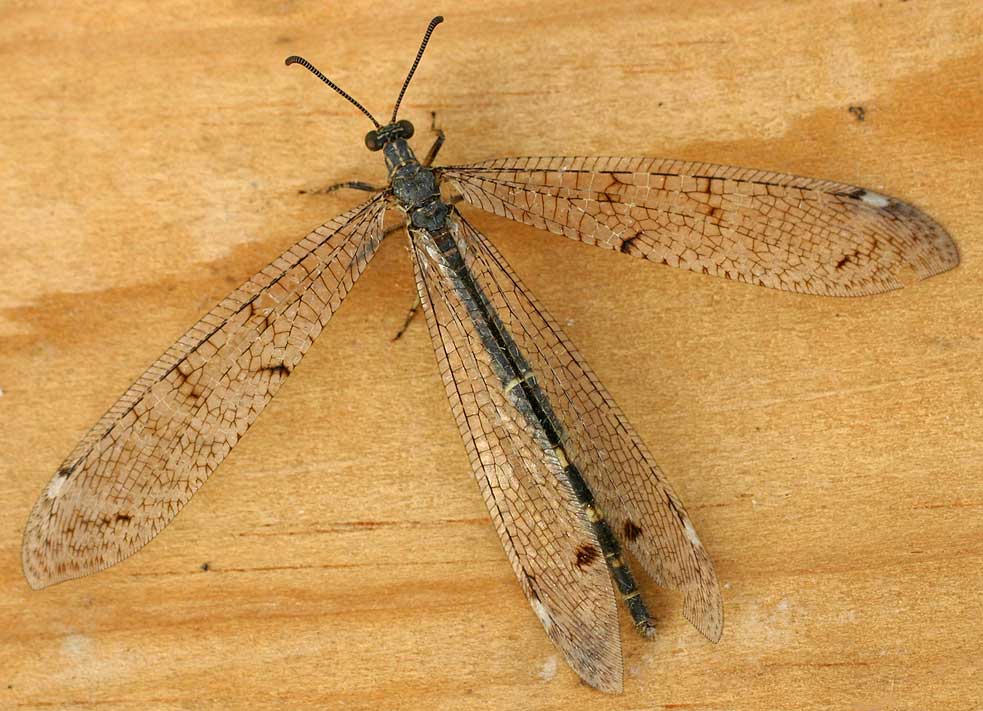Have we ever needed a fresher start than the one promised by 2021?
As we head into a new year with all its hopes—new year, new you, newly recovered world—there is one thing from the outgoing annus horribilis we should carry forward and even deepen: the spirit of the novice.
The pandemic turned us all into beginners. Suddenly, the usual ways of doing things were no longer an option. Governments and businesses scrambled to develop new protocols, and we all struggled to reinvent the activities of everyday life. From queuing to Zoom to mask etiquette, we were faced with an unsettling societal learning curve.
Just as noteworthy is how many people, in the face of such disruption, decided that they wanted to learn new things. Online learning sites like Skillshare, Duolingo and Coursera saw extraordinary growth. Enrollments in online art and music classes spiked, while novice bakers flooded the help lines of the Vermont-based flour company King Arthur Baking.
Even before “The Queen’s Gambit,” online chess lessons were flourishing. From gardening to camping to bicycling to sewing, people have been taking up new pursuits with abandon. But cultivating new skills and habits is a challenge. Even as we commit to new activities, we struggle to shake off the stasis of familiar routines, especially if we are older.
I had this feeling a few years ago when I suddenly realized, shepherding my young daughter to any number of classes and lessons, from swimming to piano, that I couldn’t remember the last new skill I had learned. I had gently ossified into a finished being, coasting along on midcareer competence.
So I decided to become a beginner in a number of things that I’d long wanted to try to learn, from singing to surfing. Being a beginner is hard—it feels better to be good at something than to be bad. It’s even harder for adults. The phrase “adult beginner” has an air of gentle pity. It implies learning something that you perhaps should have learned already. Though the first steps can be difficult, it’s worth the effort: Becoming a beginner is one of the most life-enhancing things you can do.
A good starting point is to take up juggling. The innocuous little act of throwing balls into the air has been found, in a number of neuroscience studies, to alter the brain. This “activation-dependent structural plasticity,” as it’s called, pops up in as little as seven days. Juggling changes not only gray matter, the brain’s processing centers, but also white matter, the networked connections that bind it all together. “Learning a new skill requires the neural tissue to function in a new way,” says Tobias Schmidt-Wilcke, a neuroscientist (and juggler) at Germany’s University of Bochum.
After that initial burst of activity, the brain settles down. By the time you can do the skill without much thinking— when it becomes automatic—gray
ILLUSTRATION BY JOHN CUNEO; PETE STILL/REDFERNS/GETTY IMAGES (BOOKS)
This essay is adapted from Mr.
Vanderbilt’s new book, “Beginners: The Joy and Transformative Power of Lifelong Learning,” which will be published by Knopf on Jan. 5.
Learning to juggle starts to alter the brain in as little as seven days.

![Pissed [pissed] [pissed]](/images/smilies/pissed.gif) I used self-hypnosis to calm down enough to get to sleep at night.
I used self-hypnosis to calm down enough to get to sleep at night. 
 Wha..?
Wha..? I understand You want want to indulge Yourselves in the comfort of Your own bed - during those long winter evenings - reading to Yours hearts content
I understand You want want to indulge Yourselves in the comfort of Your own bed - during those long winter evenings - reading to Yours hearts content  , feeling all comfy ! (I am guilty of that too
, feeling all comfy ! (I am guilty of that too  ), but...., but .... think of Your health !
), but...., but .... think of Your health ! 







